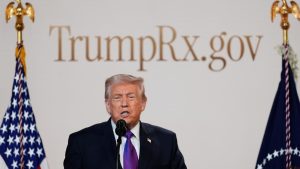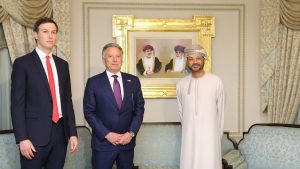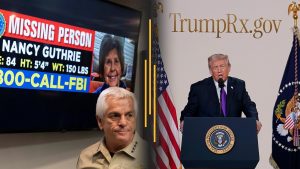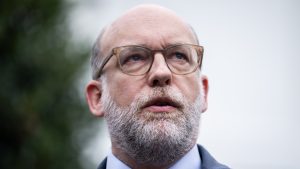Nepal’s prime minister resigns after deadly protests over social media ban
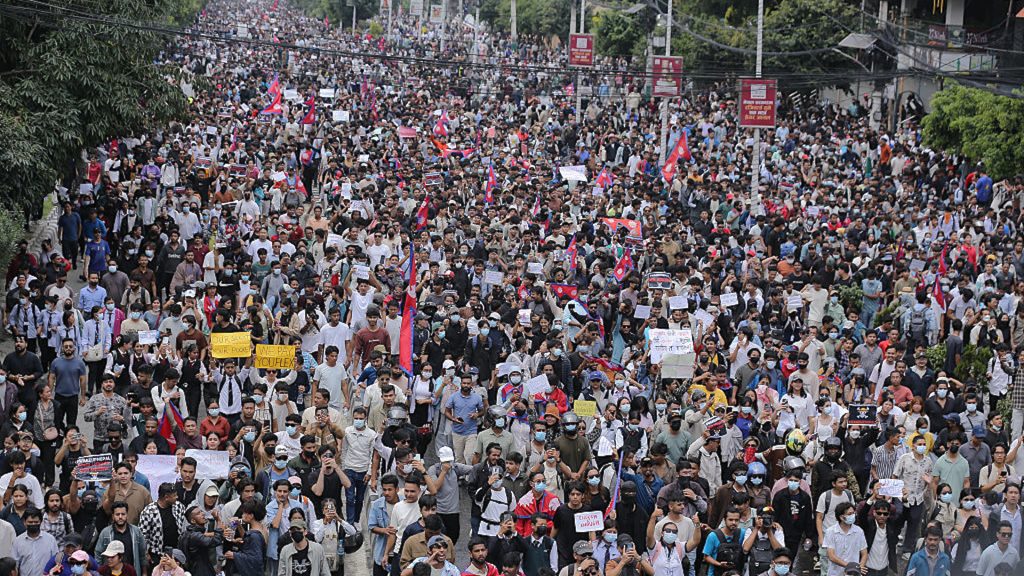
Nepali Prime Minister Khadga Prasad Oli resigned on Tuesday after protests over a government move to block social media turned violent. The protests spiraled into broader outrage over corruption.
Demonstrations began when the government blocked platforms, including Facebook, YouTube and X. It argued that the companies had not complied with new registration and oversight rules.
Anger surged after police opened fire on crowds in Kathmandu on Monday, killing 19 people. The government lifted the ban on Tuesday. However, rallies continued, fueled by outrage over the deaths and frustration with entrenched political elites.
How the protests escalated
Anger erupted into the streets. Crowds torched the Parliament building and the residences of senior leaders, including the prime minister’s private home. Kathmandu’s airport closed, and army helicopters evacuated some ministers.
Despite a curfew and school closures, demonstrators filled the streets, chanting, “Punish the murderers in government. Stop killing children.”
Police used loudspeakers to urge crowds to disperse.
Hospitals reported dozens of people treated for gunshot wounds, many struck in the head and chest.
What fueled the movement
The protests tapped into long-simmering frustration among younger Nepalis, who say corruption and nepotism have blocked opportunities. Many criticized the children of political leaders for flaunting wealth while youth unemployment remained high. The World Bank reported a 20% youth unemployment rate in 2024, and government data shows more than 2,000 Nepalis leave the country daily to seek work abroad.
“The country has gotten so bad that for us youths. There is no grounds for us to stay,” a student protester, Bishnu Thapa Chetri, told The Associated Press.
Nepal’s economy relies heavily on remittances from millions of workers overseas, accounting for more than a quarter of the economy last year, according to government figures. The social media ban also cut off communication between many migrant workers and their families at home, according to The New York Times.
The government’s response
Before stepping down, Oli announced he would appoint a panel to report on the shootings within two weeks and offer compensation to victims’ families. Home Minister Ramesh Lekhak also resigned.
The government defended the social media bill as an effort to ensure platforms were “responsible and accountable.” Rights groups called it a censorship tool. TikTok, Viber and several smaller platforms complied with registration rules, but larger firms held out.
What comes next?
Nepal has cycled through repeated leadership changes since adopting a republican constitution in 2015. Protesters say the resignation is only a first step.
“We are here to see that justice is done and the present regime is ousted,” said protester Narayan Acharya outside Parliament.
The post Nepal’s prime minister resigns after deadly protests over social media ban appeared first on Straight Arrow News.

